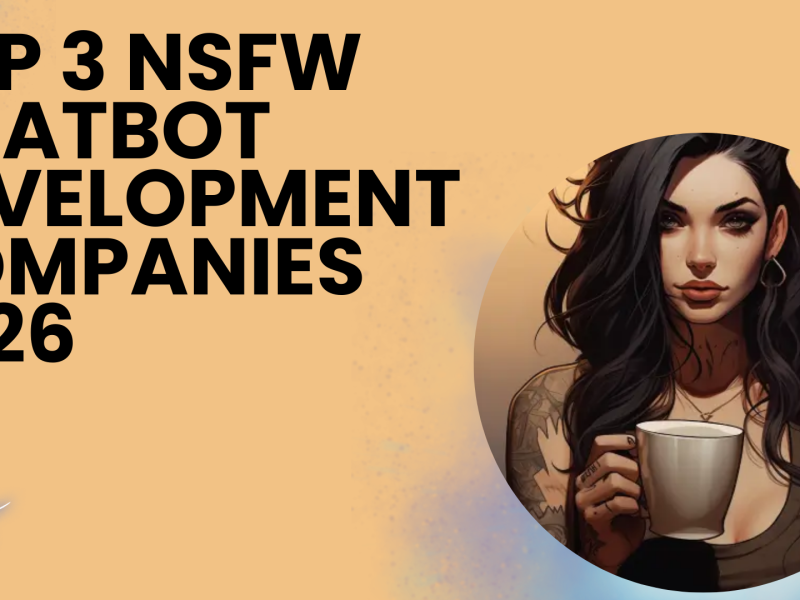In recent years, the cannabis industry has experienced tremendous growth, especially with the rise of digital platforms like Dutchie. If you’re an entrepreneur or developer looking to tap into this growing market, building a Dutchie clone app can be a smart move. In this article, we’ll guide you through the essentials of creating a cannabis delivery app like Dutchie, covering key features, technology stack, and business models.
What Is Dutchie?
Dutchie is a leading cannabis delivery and dispensary software platform that connects consumers with local dispensaries. It allows users to browse products, place orders, and have their cannabis delivered right to their doorstep. Dutchie simplifies the process of finding and ordering cannabis, making it a go-to solution for both consumers and dispensaries.
Why Build a Dutchie Clone?
The cannabis industry is booming, with an increasing number of states and countries legalizing its use for both medicinal and recreational purposes. A Dutchie clone app enables entrepreneurs to capitalize on this growth by offering users a convenient way to order cannabis products. With features similar to Dutchie, you can provide a seamless shopping experience, manage inventories, and ensure compliance with cannabis laws.
Key Features of a Dutchie Clone
To develop a successful Dutchie clone, it’s essential to integrate features that both dispensaries and customers will find useful. Here’s a breakdown of the critical features your app should include:
1. User Registration and Login
A smooth and simple onboarding process is crucial for user retention. Allow customers to sign up using their email, phone number, or social media accounts. Also, provide a secure login process, possibly integrating two-factor authentication for enhanced security.
2. Product Listings
The product catalog should include detailed descriptions, high-quality images, and user reviews. Categories like flowers, edibles, tinctures, and vapes can help users find products easily. Additionally, dispensaries should be able to update their inventory in real-time.
3. Advanced Search and Filters
A powerful search engine is critical for an app like Dutchie. Allow users to filter products by strain type, THC content, price, and customer ratings. This will enhance the user experience and enable them to find what they’re looking for quickly.
4. Order Management System
A seamless order management system is key. Allow dispensaries to track orders, process payments, and manage delivery logistics. For customers, the ability to track their order status in real-time provides added convenience.
5. Secure Payment Gateway
For a Dutchie clone app, integrating a secure payment gateway is non-negotiable. Given the unique challenges in the cannabis industry regarding banking, consider using crypto payments or dedicated cannabis-friendly payment processors like Hypur.
6. Location-Based Services
Using geolocation features, the app can recommend dispensaries near the user’s location and enable real-time tracking for deliveries. It’s important that the app can operate in compliance with local cannabis laws, which vary widely.
7. Delivery Scheduling
Give users the flexibility to schedule deliveries at their convenience. Same-day delivery options can be a competitive edge, and integrating this into your app will attract more users.
8. Push Notifications
Use push notifications to keep users updated on their orders, new product launches, and special discounts. It helps with user engagement and boosts customer retention.
9. Loyalty Programs
Loyalty programs and reward systems are excellent ways to retain users. Offer points for every purchase that can be redeemed for discounts or exclusive products. This keeps customers coming back for more.
10. Reviews and Ratings
Allow users to leave reviews and rate their experience with dispensaries and products. This will not only provide social proof but also improve your app’s credibility.
Technology Stack for Building a Dutchie Clone
Choosing the right technology stack is essential for ensuring that your app runs smoothly, is scalable, and provides a seamless user experience. Here’s a breakdown of the ideal technologies for a Dutchie clone:
Frontend Technologies
- React Native or Flutter: Both are excellent for building cross-platform mobile apps. React Native provides excellent performance, while Flutter offers flexibility in design.
- JavaScript, HTML5, and CSS3: These are fundamental for creating responsive web apps that adapt to different devices and screen sizes.
Backend Technologies
- Node.js or Django: These frameworks offer robust backends with support for real-time features like order tracking.
- MongoDB or PostgreSQL: For database management, you need a system that can handle the high volume of orders and inventory data. MongoDB is scalable and flexible, while PostgreSQL is known for its reliability.
Cloud Services
- Amazon Web Services (AWS) or Google Cloud: Cloud solutions like AWS and Google Cloud offer scalable infrastructure, making it easier to handle spikes in user demand without downtime.
Payment Integration
- Stripe, PayPal, or Hypur: Choose a payment gateway that supports transactions in the cannabis industry and provides secure encryption.
Geolocation and Mapping
- Google Maps API: This can be integrated for real-time location tracking and finding nearby dispensaries.
Business Model for a Dutchie Clone
When creating a Dutchie clone, it’s important to think about how the app will generate revenue. Here are a few business models to consider:
1. Commission-Based
In a commission-based model, the app takes a percentage of each transaction between dispensaries and customers. This model works well if your platform becomes a significant player in the local market.
2. Subscription-Based
Dispensaries can pay a monthly subscription fee to use the platform. In exchange, they get access to all the features of the app, such as inventory management and customer insights.
3. Featured Listings
Offer dispensaries the option to promote their products in exchange for a fee. Featured listings give dispensaries better visibility on the app, driving more sales.
4. In-App Advertising
In-app ads from cannabis-related businesses can provide another stream of revenue. Use ads strategically so that they don’t disrupt the user experience.
Challenges in Building a Cannabis Delivery App
1. Legal Compliance
Cannabis laws vary by state and country, making legal compliance one of the biggest hurdles. You’ll need to integrate age verification, ensure that delivery services comply with local regulations, and handle payments in a way that doesn’t violate cannabis restrictions.
2. Banking and Payment Issues
Traditional banks often shy away from cannabis-related businesses, so finding a payment processor that works with the industry is challenging. Consider using alternative payment methods such as cryptocurrencies or specialized cannabis payment processors.
3. Market Saturation
The cannabis app market is competitive, with apps like Dutchie, Weedmaps, and Eaze already dominating the space. To stand out, focus on offering unique features, better user experience, and excellent customer service.
How Much Does It Cost to Build a Dutchie Clone?
The cost to build a Dutchie clone app can vary depending on several factors, including the features, technology stack, and development team. On average, you can expect to pay anywhere between $50,000 and $200,000. This includes the costs of development, testing, and launching the app.
Factors Affecting the Cost:
- App complexity: More features equal higher development costs.
- Team size: A larger team will likely result in faster development but will also increase costs.
- Geographical location of developers: Development costs can vary based on where your development team is located.
Conclusion
Building a Dutchie clone app is a promising venture in the fast-growing cannabis industry. By focusing on user-friendly features, compliance with cannabis regulations, and choosing the right business model, you can create a successful cannabis delivery platform. With the right planning and execution, your app could become the next go-to platform for cannabis enthusiasts and dispensaries alike.
Now is the perfect time to jump into the cannabis market. So, gather your team, map out your strategy, and start building your Dutchie clone app today!
Also Read: How To Develop A SkinCare App



